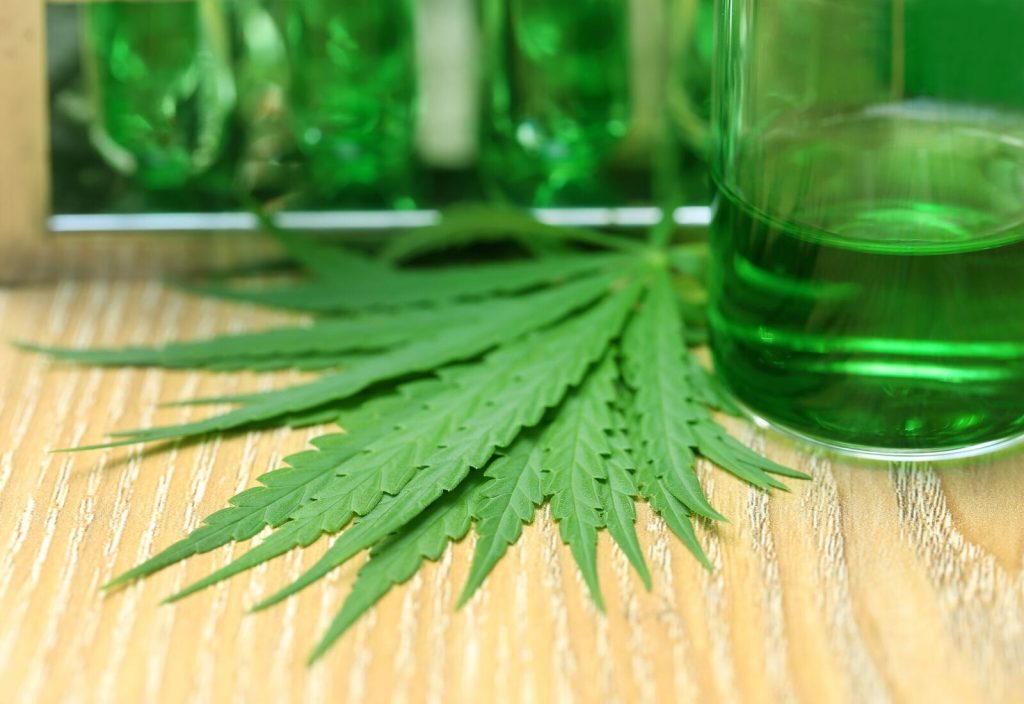In November California finally legalized cannabis when voters approved Proposition 64.
California released their proposed regulations on the medical cannabis industry last week. These regulations were released so obtain a public review of their direction. Among those regulations were some key rules regarding California testing labs. The Bureau of Marijuana Control is hoping to allow legal cannabis operations to begin by January 2018. The regulations are currently undergoing a 45-day commenting period. After this period there will be meetings in Santa Rosa and San Diego to fine-tune and approve how the California cannabis industry will be regulated.
On Friday, the Bureau released a statement regarding the regulations, “The broad objectives of these regulations are to ensure that the medical cannabis goods sold to consumers from licensed dispensaries are safe for consumption.” With this focus on public safety, we’re glad to see that the Bureau has addressed California testing lab regulations in multiple points.
We’ve laid out the basics of the proposed California testing lab regulations below.
-
California testing labs must be licensed.
-
A lab must have proof of each employee’s training.
-
Analysis standards will be set (including procedures) regarding potency, moisture content, residual solvents and processing chemicals, pesticides, mycotoxins, microbiological impurities, filth, foreign material, heavy metals, and terpenes.
-
Before cannabis is sold it must be issued a certificate of analysis from a licensed California testing lab.
These regulations are making the rounds to the major players in California cannabis. Although there hasn’t been controversy over the California testing lab regulations, there has been some stir regarding potency caps put on edibles. By June there will be some decision regarding these regulations which will dictate how and when cannabis companies can move forward within the legal scope of the industry.









